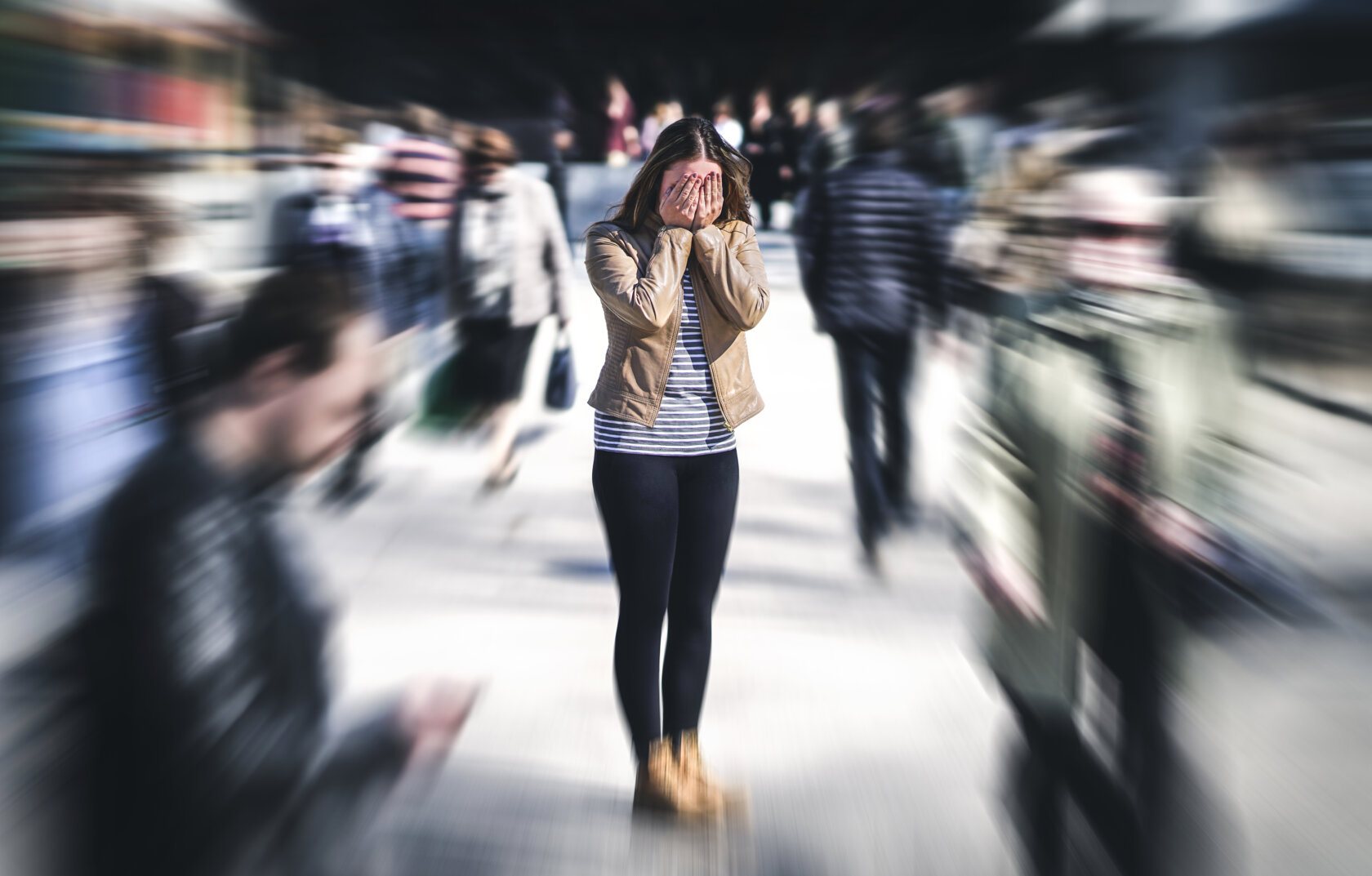Depression is a pervasive mental health disorder that affects millions of people worldwide. The tragic consequences of untreated depression can be severe, with suicide being one of the most heartbreaking outcomes.
The tragic rise in suicides among celebrities has cast a stark spotlight on the devastating impact of depression. High-profile cases, such as those of Kurt Cobain, Kate Spade, Robin Williams, and more recently, Grayson Murray, have brought the severity of this mental health crisis into sharp focus. As we grapple with the heartbreak of these losses, it is crucial to understand the link between depression and suicide, recognize the signs of depression, and know how to support those who are struggling.
Understanding Depression and Its Link to Suicide
Depression is more than just feeling sad or having a bad day. It is a serious medical condition that affects mood, thinking, and behavior. Symptoms include persistent feelings of sadness, loss of interest in activities, changes in appetite and sleep patterns, fatigue, and thoughts of death or suicide. According to the World Health Organization, over 264 million people of all ages suffer from depression globally. Depression is a widespread mental health disorder that affects millions globally.
The relationship between depression and suicide is stark. Studies show that around 90% of individuals who die by suicide have a diagnosable mental disorder, most commonly depression. The National Institute of Mental Health reports that in 2019, 47,511 people died by suicide in the United States, making it one of the leading causes of death.
Celebrity Suicides: A Grim Reminder
Kurt Cobain
Kurt Cobain, the legendary frontman of Nirvana, struggled with severe depression and substance abuse despite his immense success. His suicide on April 5, 1994, at the age of 27, shocked the world and highlighted the deep personal struggles that can lie beneath a facade of fame and fortune. Cobain’s death was a wake-up call about the seriousness of mental health issues and the need for better support systems.
Robin Williams
Beloved comedian and actor Robin Williams brought laughter to millions but privately battled severe depression. His suicide on August 11, 2014, revealed the hidden pain of a man who seemed to have it all and underscored the insidious nature of depression. His death shed light on the hidden struggles many people face, even those who appear outwardly happy and successful.
Kate Spade
Fashion designer Kate Spade, known for her colorful and innovative designs, was another victim of depression. Her suicide on June 5, 2018, was a stark reminder that success and creativity do not immunize one from mental health struggles.
Grayson Murray
Professional golfer Grayson Murray had been open about his struggles with depression and addiction. Tragically, his battle ended with his suicide, bringing to light the immense mental health challenges faced by athletes and celebrities alike. His transparency raised awareness about the necessity of seeking help and supporting those in high-pressure careers.
Chester Bennington
Chester Bennington, the lead singer of Linkin Park, was a prominent figure in the music industry who struggled with depression and substance abuse. His suicide on July 20, 2017, deeply affected fans and highlighted the urgent need for mental health awareness.
Anthony Bourdain
Celebrity chef and travel documentarian Anthony Bourdain was known for his charismatic personality and adventurous spirit. His suicide on June 8, 2018, was a significant loss to the culinary and entertainment world and underscored that even those who seem to have the perfect life can suffer deeply.
Avicii (Tim Bergling)
Swedish DJ and music producer Avicii, whose real name was Tim Bergling, took his own life on April 20, 2018. Despite his global success, Avicii struggled with mental health issues and the pressures of fame, reminding us of the hidden struggles behind the spotlight.

Recognizing the Signs of Depression
Understanding and recognizing the signs of depression is vital in preventing suicide. Common symptoms include:
- Persistent feelings of sadness or hopelessness
- Loss of interest in activities once enjoyed
- Significant changes in appetite and weight
- Sleep disturbances (insomnia or oversleeping)
- Fatigue or loss of energy
- Difficulty concentrating or making decisions
- Feelings of worthlessness or excessive guilt
- Recurrent thoughts of death or suicide
It is important to remember that not everyone with depression will exhibit all these symptoms. However, the presence of several of these signs warrants serious attention and intervention.
How to Support Someone with Depression
Supporting someone who is struggling with depression can make a significant difference in their journey toward recovery. Here are some practical steps:
1. Encourage Open Communication
Create a safe and non-judgmental space for them to talk about their feelings. Listen actively, validate their experiences, and avoid offering unsolicited advice.
2. Encourage Professional Help
Encourage them to seek help from a therapist, psychiatrist, or primary care physician. Professional treatment, whether through therapy, medication, or a combination of both, is crucial in managing depression.
3. Be Patient and Compassionate
Depression is a long and challenging journey. Show patience and compassion, and avoid being critical or dismissive of their struggles.
4. Educate Yourself
Understanding depression and its treatment options can help you provide better support. Educate yourself about the condition to recognize the severity of their situation.
5. Offer Practical Support
Help with daily tasks that may seem overwhelming, such as cooking, cleaning, or running errands. Small acts of kindness can alleviate some of their burdens.
6. Encourage Healthy Habits
Suggest activities that promote mental health, such as exercise, proper nutrition, and adequate sleep. However, be gentle and supportive rather than forceful.
7. Stay Connected
Maintain regular contact to show you care. Isolation can worsen depression, so staying connected provides emotional support.
8. Know the Emergency Signs
If someone talks about suicide or exhibits severe signs of depression, such as giving away possessions or saying goodbye, seek immediate help. Contact emergency services or a crisis hotline for urgent assistance.
Centered Health: A Trusted Resource for Mental Wellness
For those struggling with mental health issues, finding the right support is essential. Centered Health’s family of treatment centers—Los Angeles Outpatient Center and The Meadowglade for adults, and Beachside Teen Treatment Center and Hillcrest Adolescent Treatment Center for teens—offers comprehensive, evidence-based treatment programs tailored to individual needs. With a team of experienced, dedicated professionals, Centered Health’s treatment centers provide a safe, compassionate environment where individuals can receive the care they need to heal and thrive.
The Takeaway
The link between depression and suicide is a stark reminder of the importance of mental health awareness and support. By recognizing the signs of depression and offering compassionate support, we can help prevent the tragic loss of life. Remember, reaching out to a loved one in need and encouraging them to seek professional help can make all the difference. If you or someone you know is struggling with depression, don’t hesitate to seek help from resources like Centered Health. Together, we can work towards a world where mental health is prioritized, and no one has to suffer in silence.


